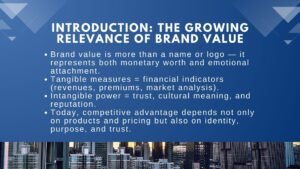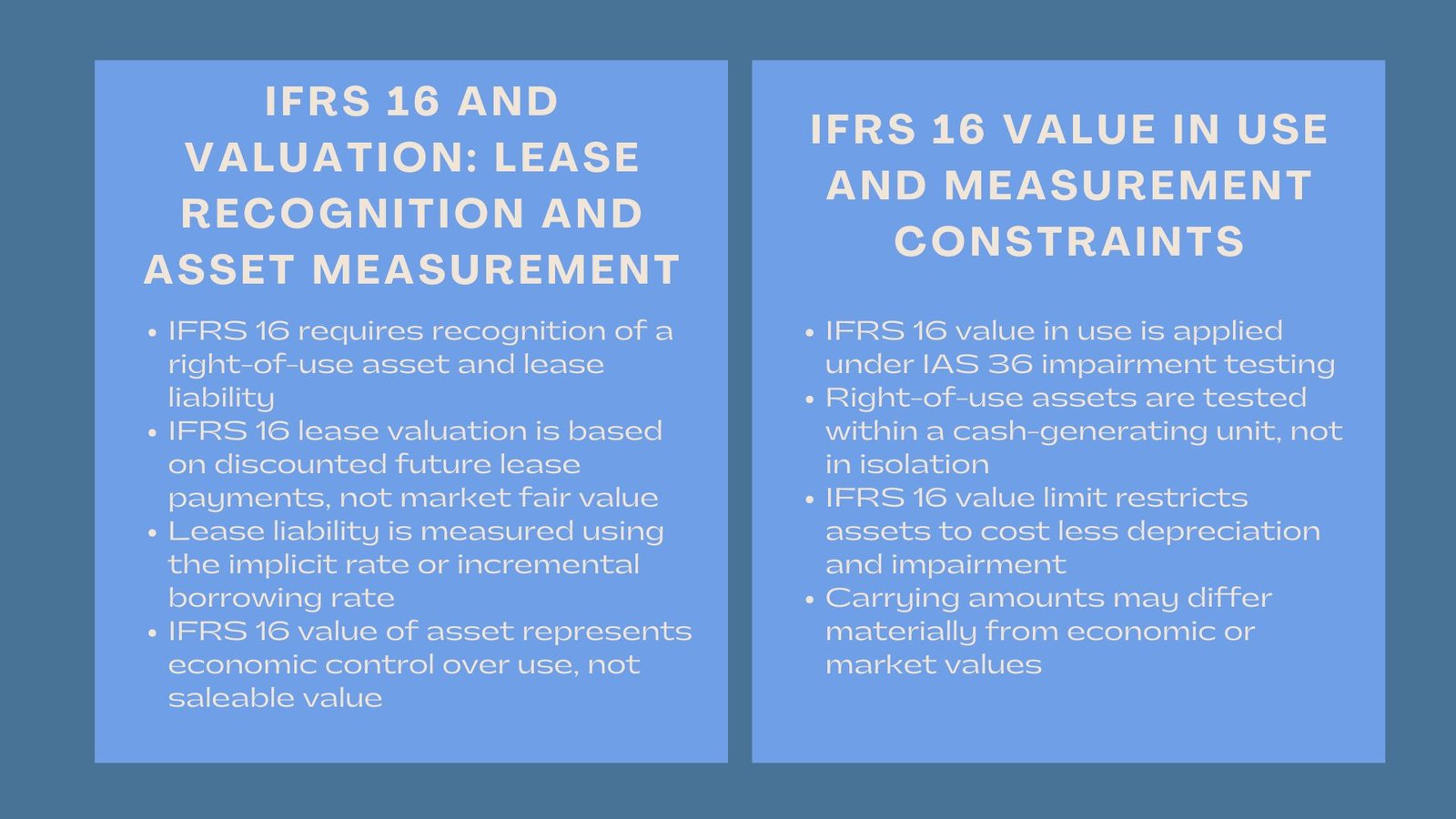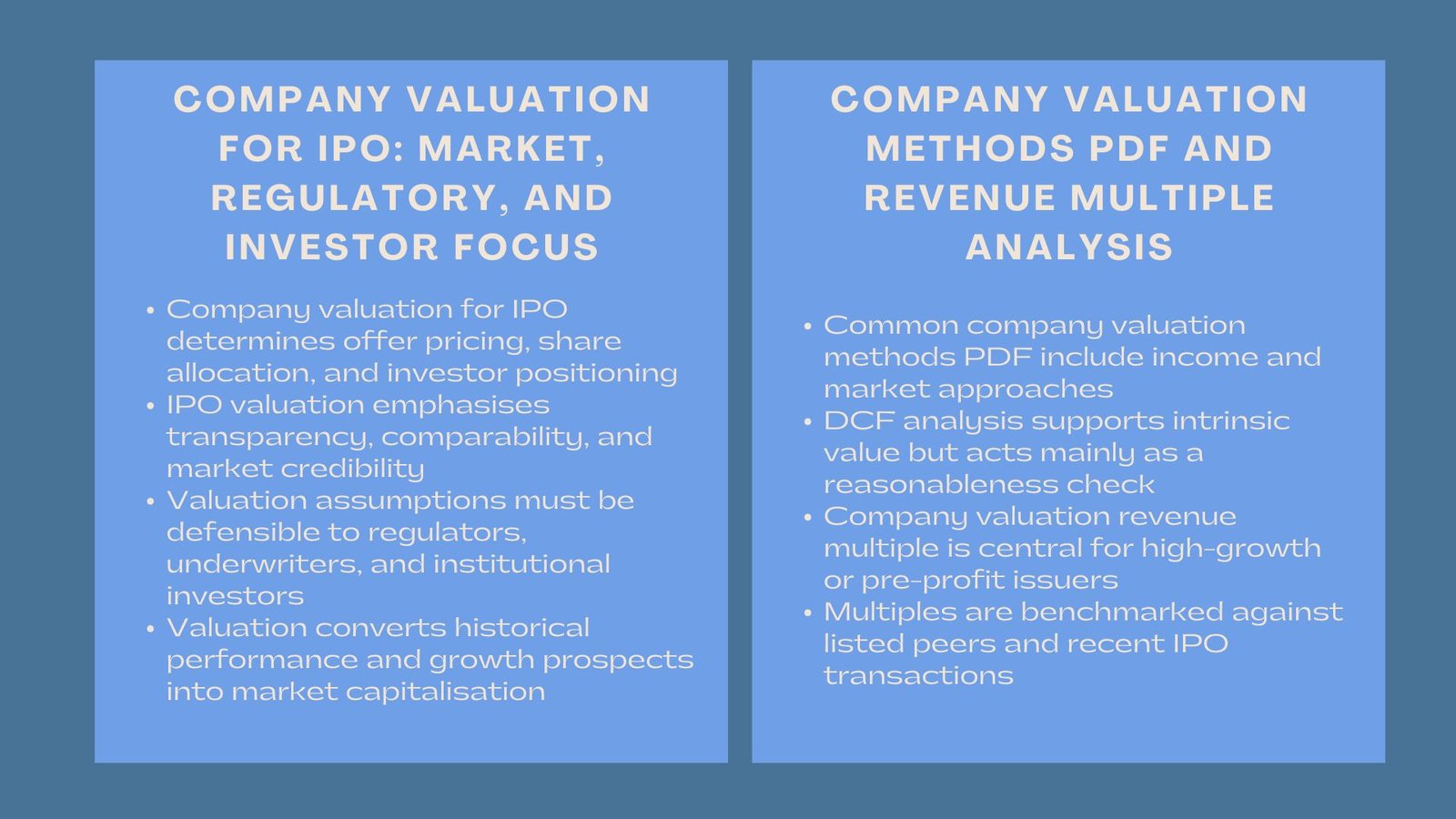
Why Global Branding and Valuation Matter for Global Competitiveness
Learn Why Global Branding and Valuation Matter for Global Competitiveness
Introduction: The Globalization of Brand Identity
The twenty-first century is the connected global market place and in this market place it can be seen that brands are not confined by nations and other cultural boundaries. Globalization has enabled corporations to create identities that would appeal to different consumers worldwide, but the end result of globalization comes with complications that cannot be overcome by marketing strategy alone. The economic worth of the brand more and more relies on the way as successfully as possible the brand manages to live in the global world, being both globally known and locally adaptable.
Consequently, global branding and brand valuation have gone hand-in-hand and have impacted business investment decisions, corporate strategies and competitive positioning, supported by insights from understanding brand equity and its valuation in Singapore as well as the use of professional brand valuation services in Singapore.
The Interplay Between Global Branding and Brand Valuation
Global branding entails more than designing a consistent logo or marketing campaign in the various markets. It offers the process of creation of consistent brand equity with the provision of the regional preferences. Brand valuation in turn quantifies this equity in financial terms and thus Brand valuation is often delivered as a monetary asset on a balance or in assessments of market value. When companies go globally brand valuation is of importance in determining whether the global investment and campaigns are yielding returns as per the goals that were set in the business strategies. It is a performance, as well as, a future growth-decision making framework.
The trick is how to persuade perception and match it with valuation. A brand household in one country might not be as strong in another country. To illustrate, luxury brands are frequently subject to a valuation jump in new economies, on account of aspiration…. Such variances have a direct influence on valuation models and point to the dynamic nature of the relationship between global branding and financial estimation.
Cultural Nuances and the Localization of Brand Meaning
Globalisation of brand meaning involves a delicate journey through the intricacies of cultural context. The essence of a brand is universal, but its interpretation, signs and resonance in the marketplace usually requires localization. The differences between culture in values, traditions, and communication style determine how brands are perceived which defines their equity in diverse regions. An example is that humor used in advertising can work in western markets but fail in Asian markets. Equally, brand shades and images can have varying meanings and influence in different cultures affecting consumer trust and loyalty as well.
Localization strategies should not be seen as an escape route against miscommunication only; they go straight to the achievement of brand valuation. A culturally-sensitive brand will help to reinforce consumer affinity and positively impact tangible brand equity, translated into longer-term financial performance by valuation methods. Firms that do not consider such sensitivities run the risk of diluting their brands within important territories, not to mention losing the global brand value.
The Role of Consistency in Building Global Equity
Consistency is often the key in global branding whereas localisation is essential. Consumer trust is undermined by the fragmentation of identity, but consumer perception in various markets is enhanced by having a cohesive identity that is rather recognizable. The most appreciated world brands- those in technology, luxury, and consumer goods have attached solid brand architectures that clearly characterize their natures, values, and commitments.
Similarity in fundamental brand communications would make consumers all over the world familiar and accepting of the brand whereas adaptive could be flexibility to adapt the brand to various regions and not interfere with identity. Such a balance is crucial in the maximization of the valuation. Global investor sentiment gauges against a brand through consistent recognition and loyalty levels, meaning that it spells out the difference in valuation multiples and ultimately cash flows. In this regard, consistency does not only support branding, but also economic credibility internationally.
Measuring Global Brand Value: Tangible and Intangible Factors
International valuation of a brand is a multidimensional process that takes into consideration tangible and non-tangible aspects. Tangibles elements refer to income generation, market share, and geographical variety whereas intangibles are reputation, consumer loyalty and cultural relevance. Collectively, the dimensions predetermine the processes implied in the brand valuation, including income-based, market comparisons, or royalty relief, similar to insights from a guide to tangible and intangible asset valuation Singapore businesses.
Intangible features frequently have a greater value in the global settings. An established reputation of a brand, such as its reputation as being innovative, sustainable or ethical, can gain or lose tremendous value in areas where consciousness is being raised among consumers. As an illustration, environmental responsibility has emerged as a strong brand equity in Europe whereas in East Asia, technological innovation is dominant. It is of paramount importance to measure these factors correctly in order to make sure that the true international potential of a certain brand is not underestimated or overestimated.
Strategic Implications for Global Businesses
The connection between global branding and valuation is quite critical in understanding as it acts as a strategic necessity besides it being an academic exercise. Valuation is important to companies seeking the funding, attracting investors, negotiating a merger or acquisition and drafting long term strategies. Powerful international brands will translate into higher bargaining power and higher financial performance due to the boost in the value of intangible assets, which tend to comprise a large part of any company’s market capital.
Brand valuation also helps businesses making strategic decisions in their resource allocation in pursuit of international expansion. Markets with the most viable brand equity development may be given priority investment alteration, whereas with the markets with lessening payment, a reconsideration or recession may be required. Moreover, the aspects of risk management can be explained by valuation indicating weak points in consumer perception that can bring about erosion of global brand strength.

Conclusion: Building Value Beyond Borders
Branding and valuation of business are inseparable in the contemporary world economy. International branding demands a fine balance of consistency, localization, and cultural awareness that all have a direct relationship to bottom-line financial performance. As intangibles have become the mainstream component of corporate value, the capacity to build brand equity, and defend it in a global environment, has become a strategic necessity in corporations across industries.
Finally, the question of global branding is the receipt of space in the hearts of the consumers and in the accounts of the company. The companies which master the techniques of balancing universal identity and local resonance will remain on the top in the field of cultural relevance as well as in the value of the market.














